We use cookies to help you navigate efficiently and perform certain functions. You will find detailed information about all cookies under each consent category below.
The cookies that are categorized as "Necessary" are stored on your browser as they are essential for enabling the basic functionalities of the site. ...
Necessary cookies are required to enable the basic features of this site, such as providing secure log-in or adjusting your consent preferences. These cookies do not store any personally identifiable data.
Functional cookies help perform certain functionalities like sharing the content of the website on social media platforms, collecting feedback, and other third-party features.
Analytical cookies are used to understand how visitors interact with the website. These cookies help provide information on metrics such as the number of visitors, bounce rate, traffic source, etc.
Performance cookies are used to understand and analyze the key performance indexes of the website which helps in delivering a better user experience for the visitors.
Advertisement cookies are used to provide visitors with customized advertisements based on the pages you visited previously and to analyze the effectiveness of the ad campaigns.
We offer specialized clinical reviews for conditions that affect the brain, spine, and nervous system.
Read More
EEG is a test that detects abnormalities in your brain waves, or in the electrical activity of your brain.
Read More
This refers to continuous EEG monitoring for 12-72hrs or more with simultaneous video recording of the clinical...
Read More
A sleep study is a non-invasive, overnight exam that allows doctors to monitor you while you sleep...
Read More
(EMG) measures muscle response or electrical activity in response to a nerve's stimulation of the muscle. The test is used to...
Read More
A nerve conduction study (NCS) --also called a nerve conduction velocity test (NCV)--is a measurement...
Read More
An intracranial neurovascular exam is also known as a Transcranial Doppler (TCD) study. The test is used to...
Read More

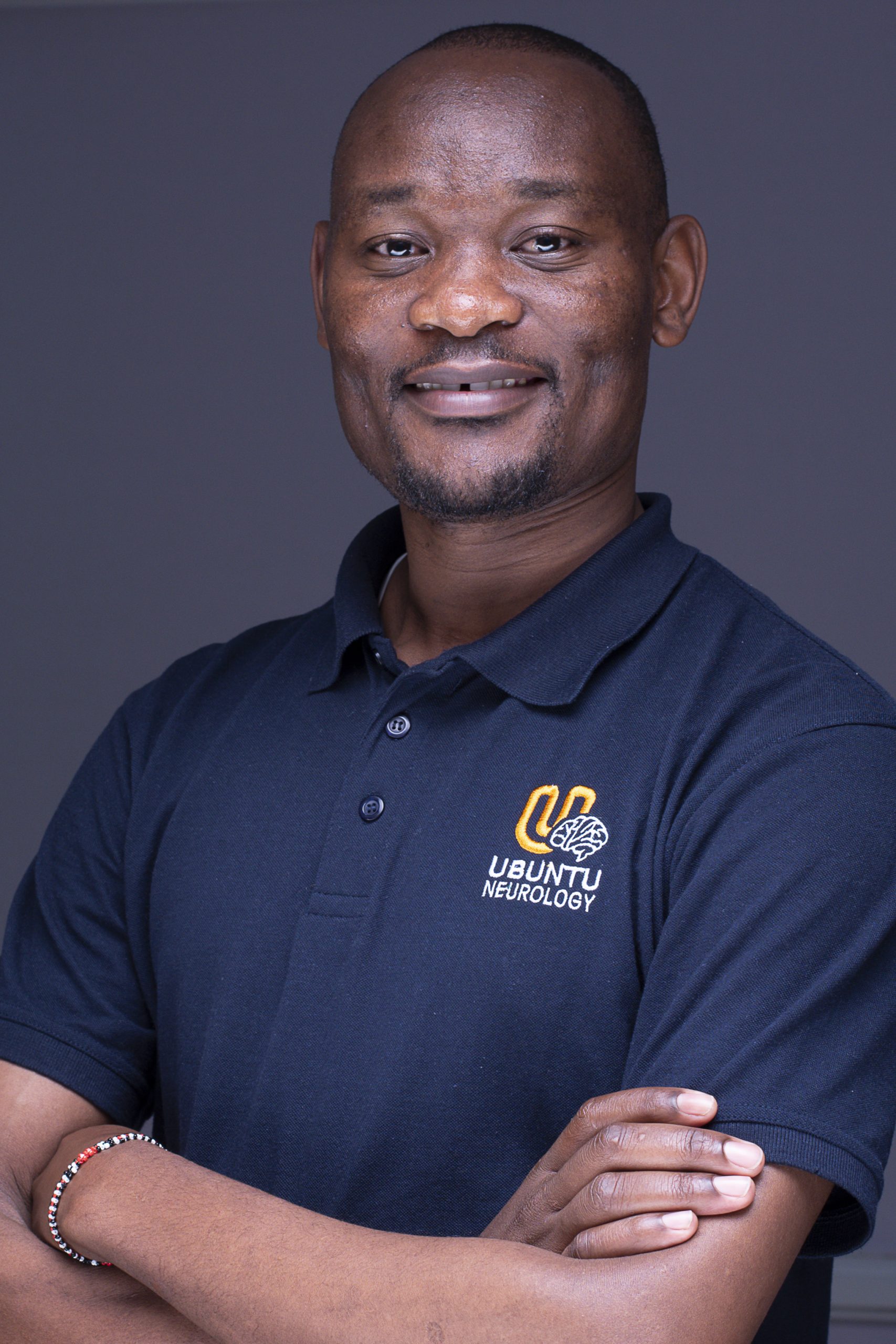
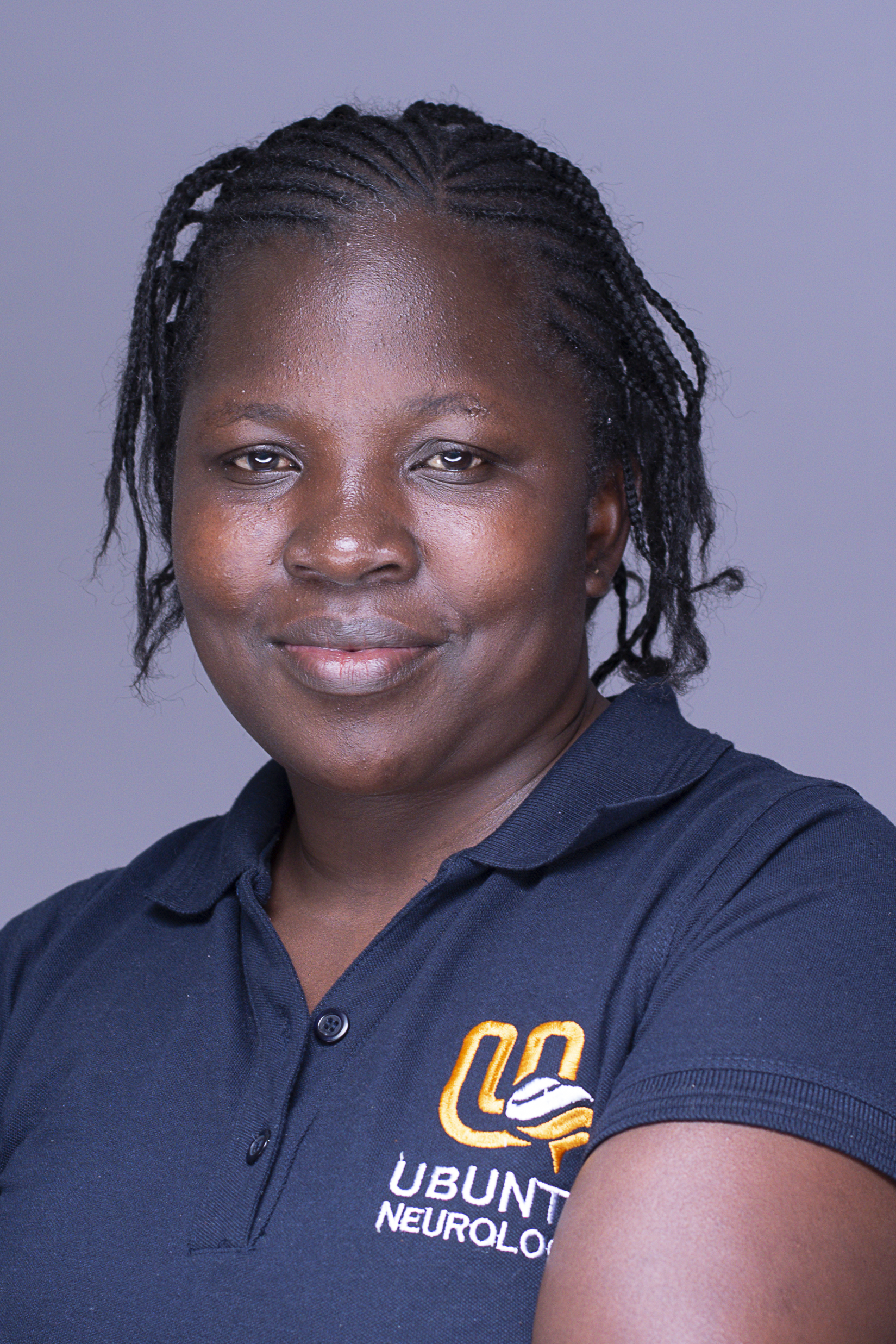
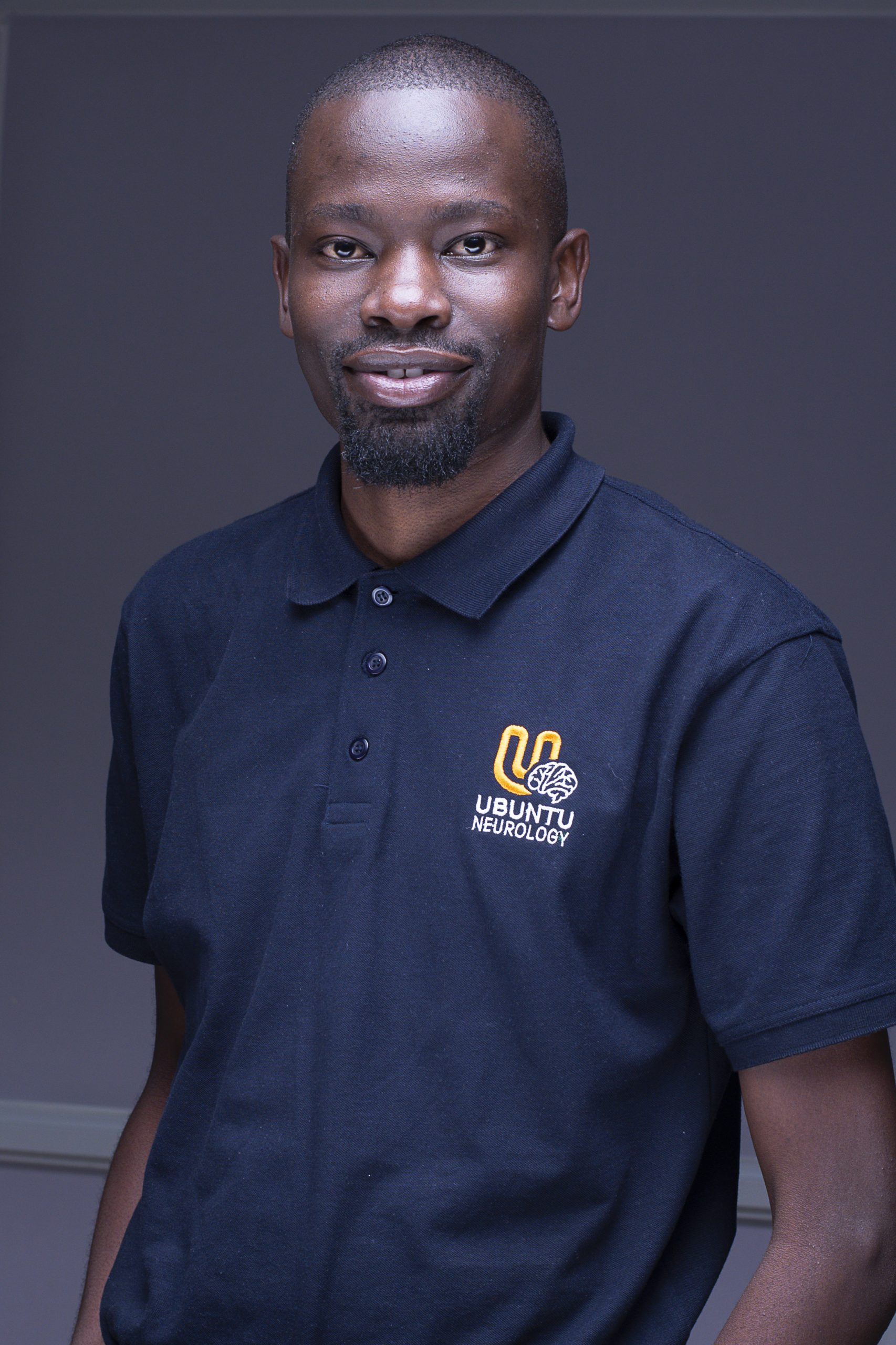

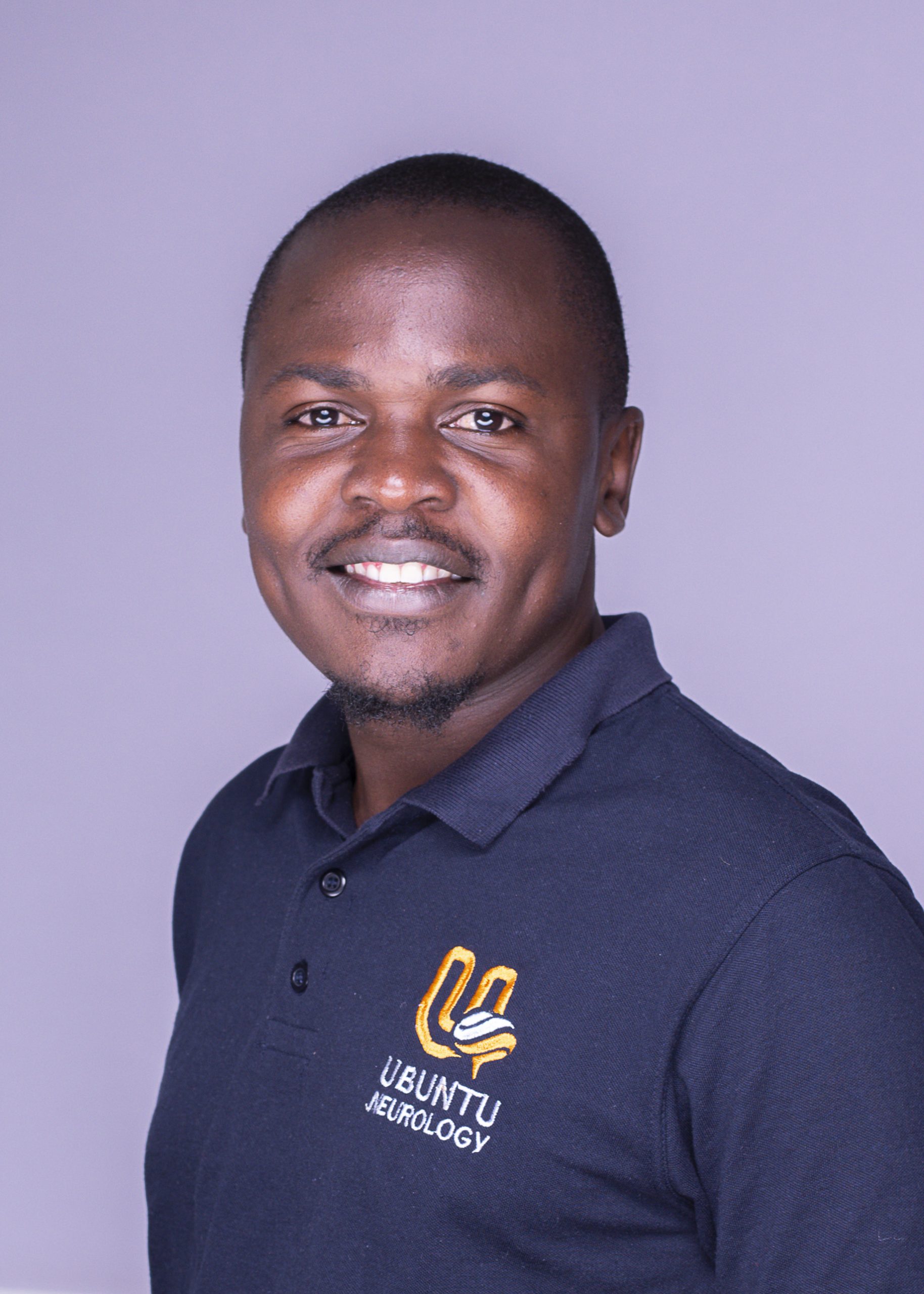
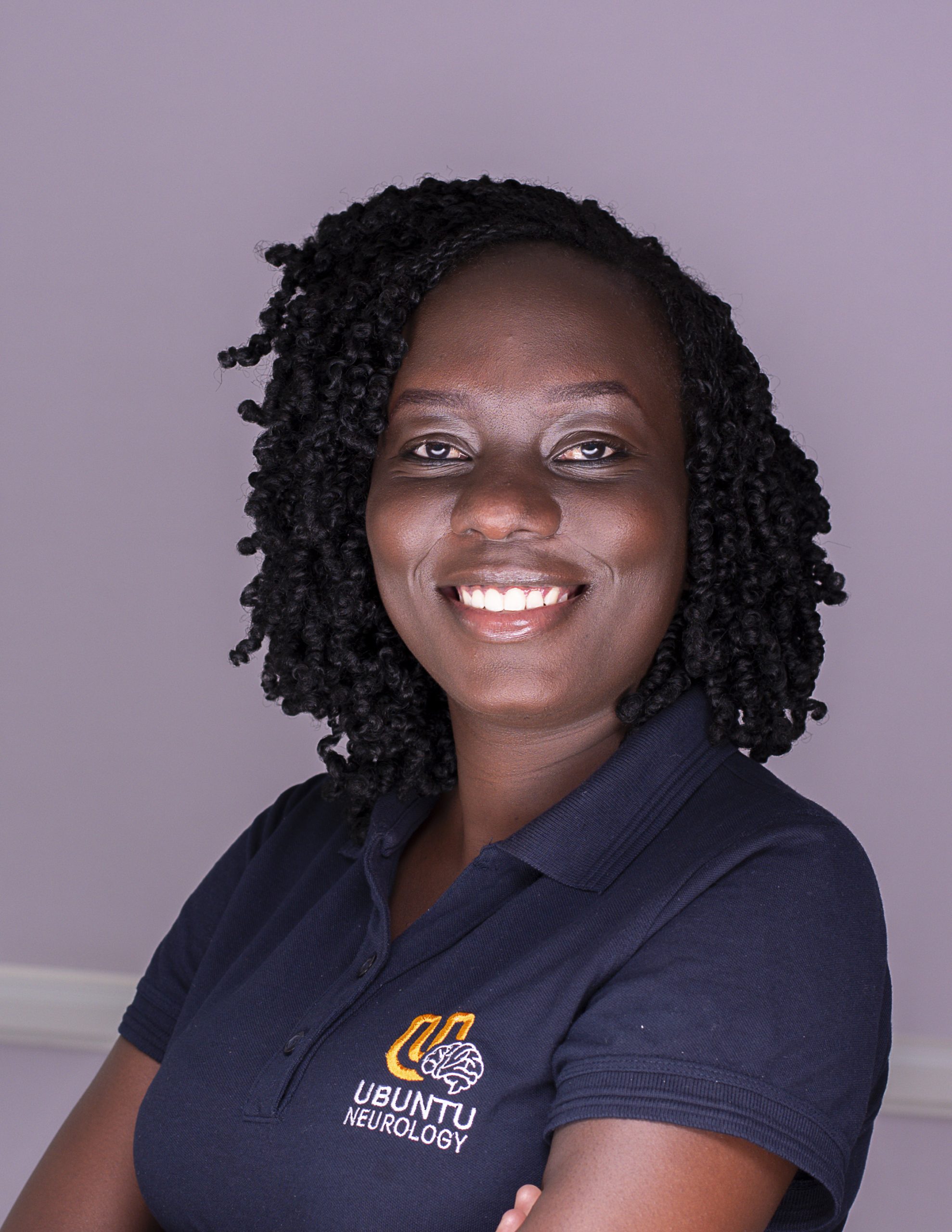
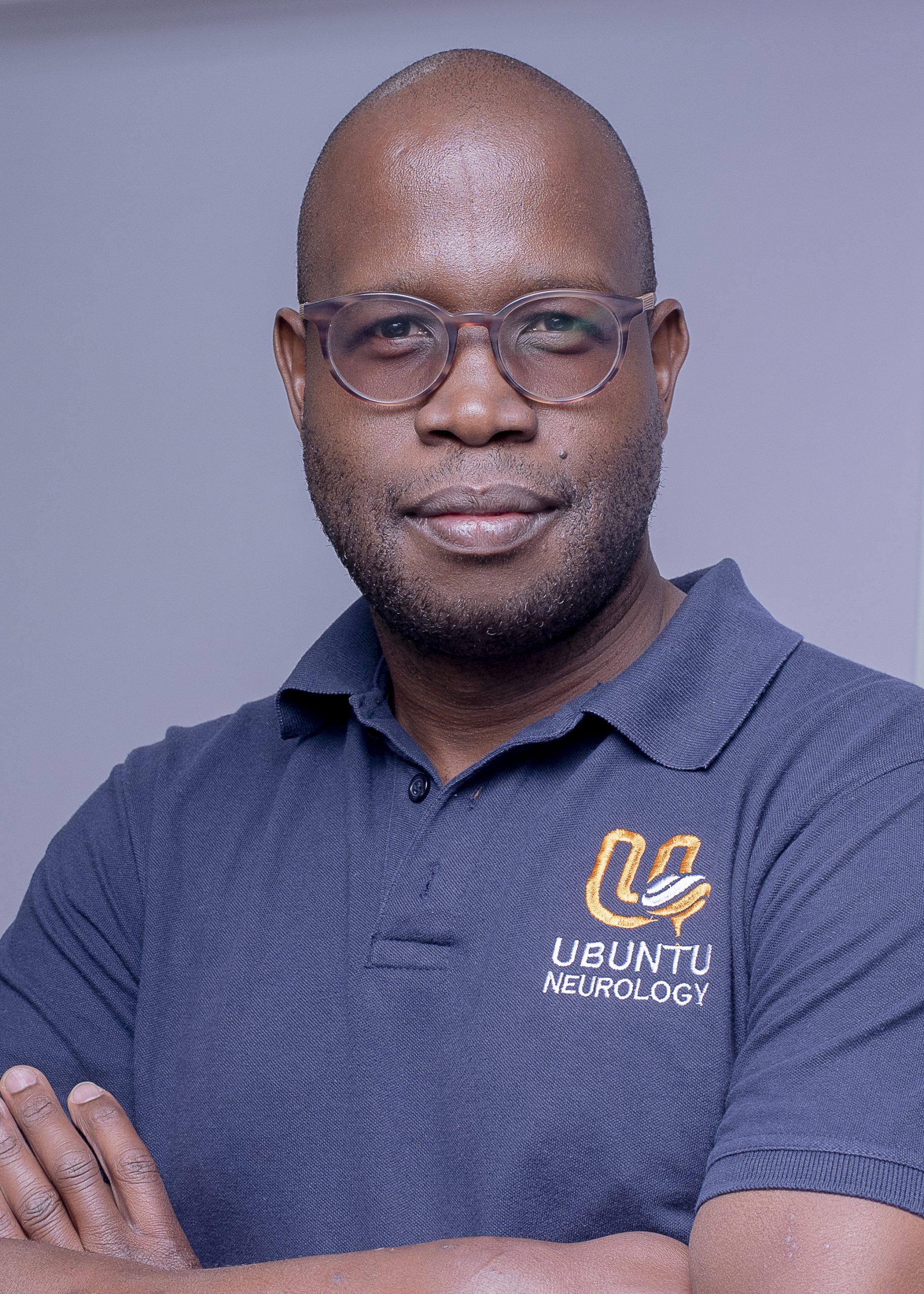
Up to 70% of individuals with epilepsy in Africa do not access optimal care and medication. This is referred to as the epilepsy treatment gap. In rural areas, the epilepsy treatment gap may be as high as 85%. The same challenge in access to care applies to other neurological conditions like cerebral palsy, stroke, chronic headaches and the neurological after-effects of road traffic accidents.
Read More